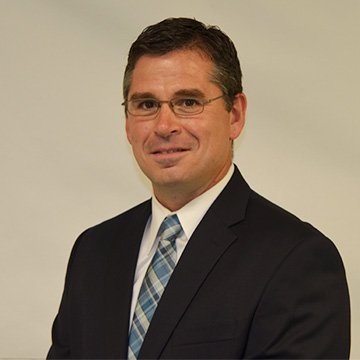Community Researcher

Sean Varano considers himself a community researcher, and for good reason. He has years of experience developing, implementing and evaluating evidence-based approaches to crime and public health programs in the local community. He's served as the Local Action Research Partner to the New Bedford Police Department since 2006; and is the co-principal investigator/evaluator for the City of Providence’s Project Safe Neighborhoods gang reduction program and also for the Olneyville Housing Corporation's Byrne Criminal Justice Innovation grant. Both federally funded initiatives intend to reduce crime by addressing the underlying factors that increase the likelihood of crime and disorder. Most recently, Varano has been taking on a new issue, which has been devastating much of New England: The opioid epidemic.
"My work in the community keeps both my feet firmly rooted to the practitioner world. It certainly makes me a better teacher. I work hard to find the intersections of how the classroom experience intersects with the real-world."
To help combat the abuse of opioids, Varano has been working across Plymouth County (Massachusetts) to redefine how police confront the issue. In tandem with police officials, he is helping develop a county-wide effort to conduct outreach visits to addicts. It's part of an effort to move police away from arrest based strategies to target the root of the problem which is seen as more of a disorder, referred to as SUD (Substance Use Disorder).
"It is a fundamental shift in the role of police, who instead of arresting the 'SUDs’ (those with substance use disorders), are making efforts to get them into treatment,” Varano says. "My role in that is to help build on the best practices model." He helps transition the ideas that come out of meetings between stakeholders into operational policy and strategies. He also helps document and build the business processes around how to support the kind of a program model they are building, he says.
As a professor, Varano translates his community research work directly into the classroom, so his students can learn from his experience. "There is never a day in the classroom where I'm not saying 'this is what the book is saying and this is how these ideas translate into the real world.'"
He also encourages and provides opportunity for students to move beyond classroom-based discussion. Currently, Varano has a few students working with him in New Bedford and Providence as research assistants. He also has continued to employ an RWU graduate who was a former student of his to work on a community-based project. Like many RWU professors, Varano knows the importance of merging theory with practice and the benefits that come with students to seeing firsthand how the issues they talk about in the classroom work in practice.

